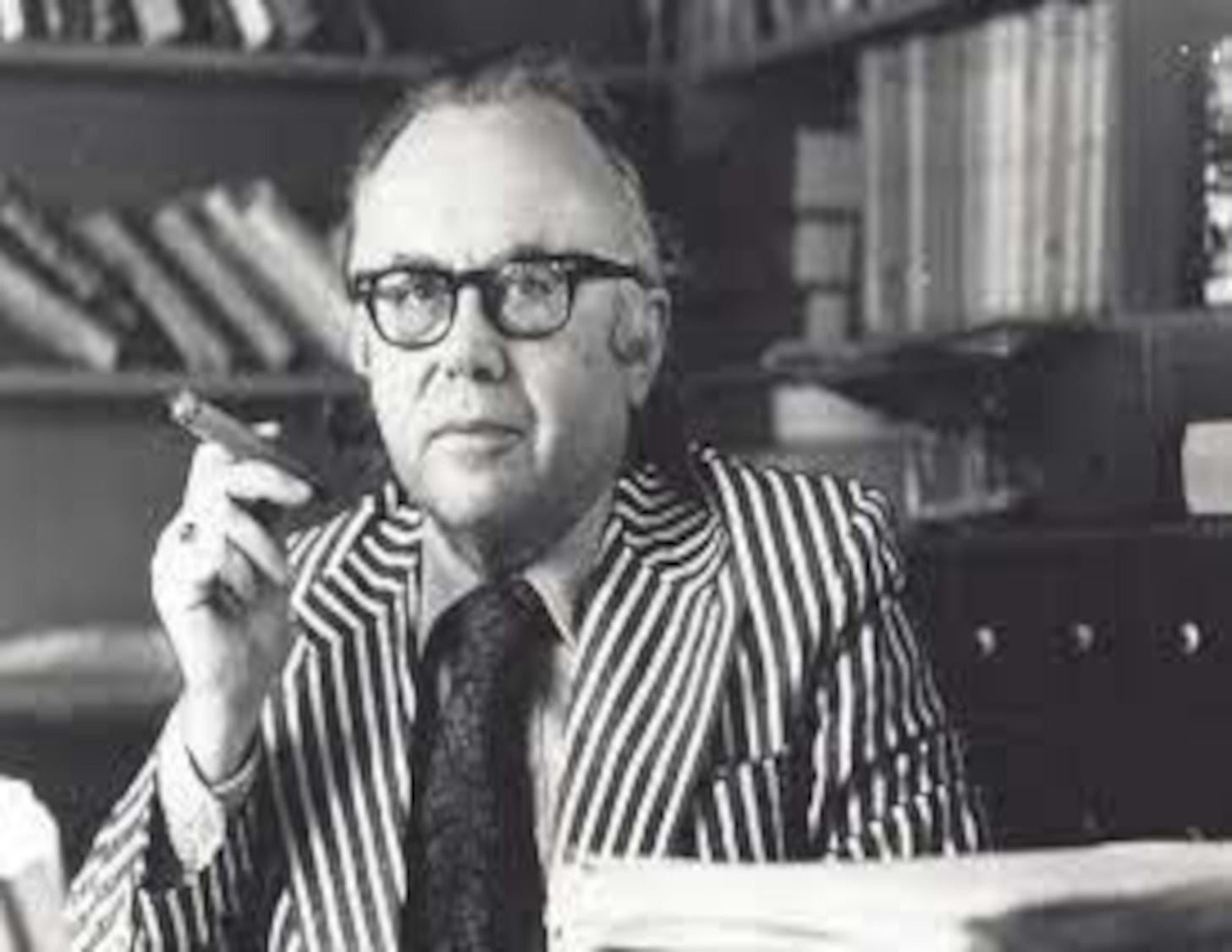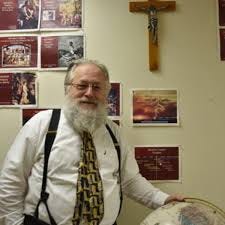This July 2nd we continue our seasonal, in person cook-outs at 6:00 p.m., at 800 Columbia Parkway in N.E. Minneapolis, where we eat what we bring and discuss what we discuss. Part of the discussion may include chapter six of Russell Kirk’s Roots of American Order… and may devolve to current events and conspiracy theories but so be it. We would like to extend an invitation to anyone and everyone, if they please, to prepare and deliver a brief, perhaps 3-minute, presentation, preferably historical in nature or Kirk related.
__________
The Roots of American Order
Chapter Seven
“In the beginning, America was Protestant… Therefore we turn to the doctrines and the mentality and the social characteristics of what we call Protestantism - or rather, certain types of reformers. But also we need to remind ourselves that when we call early America Protestant, we mean that America was Christian. Occassionally one finds American cultural historians declaring that the New England Puritans believed in the sinfulness of man - and so phrasing this sound statement that one might be led to think the doctrine of original sin somehow peculiar to New England. But other Protestant sects took for granted the fact of man’s proclivity to sin.
In this, as in other malor doctrines, Protastantism was not a new religion but a very old one. So we examine here some of the differences between Catholics and Protestants of the sicteenth century.
The Ptotestant and Catholic Reformations of the sixteenth century both were reactions against the excesses of the Renaissance…
The Popes of the early Renaissance, and many of the great ecclesiastics and the clergy throughout Christendom, far from offering coherent resistance to the Renaissance spirit, often had made themselves eager patrons of the new culture - and shared often in Renaissance pride and vice. Indeed, the immediate cause of Luther’s revolt against the papacy was the Renaissance luxuriousness of Pope Leo X, who required enormous sums of money, in part to pay for his grand patronage of the arts of the Renaissance. To obtain those funds, the papacy sold indulgences with scandalous eagerness. This wholesale misuse of the authority that Jesus had conferred upon Peter provoked the rigorous monk Luther, in 1517, to chalange papal policy with his Nienty-five Theses. Luther intended merely a scholastic debate, but he produced a revolution”
- Russell Kirk, ROAO ch. 7
__________
Ninety-Five Theses
by Martin Luther,
Disputation on the power and efficacy of indulgences.
Ninety-Five Theses
by Garrison Keiller,
https://www.harrywinter.org/wp-content/uploads/2022/06/95-theses-95.pdf
The Declaration of Independence
by the thirteen united States of America,
Disputation on the authority of King George III
__________
James Burnham, a student of Tolkien at Oxford and colleague of Kirk - both wrote for William F. Buckley’s National Review - wrote this month’s subtext’s subject: The Managerial Revolution.
This month’s subtext, offered by a frequent flyer, is Leviathan And Its Enemies, by Samuel Francis.
__________
Peter Himmelman, Native Minnesotan, reacts to tv show “Three’s Company” by throwing out his tv and writing the following song, inspired by T.S. Eliot’s “Permanent Things”:
For Bill and Doug.
For Pete and Rudy.
For Jon and Brad.







